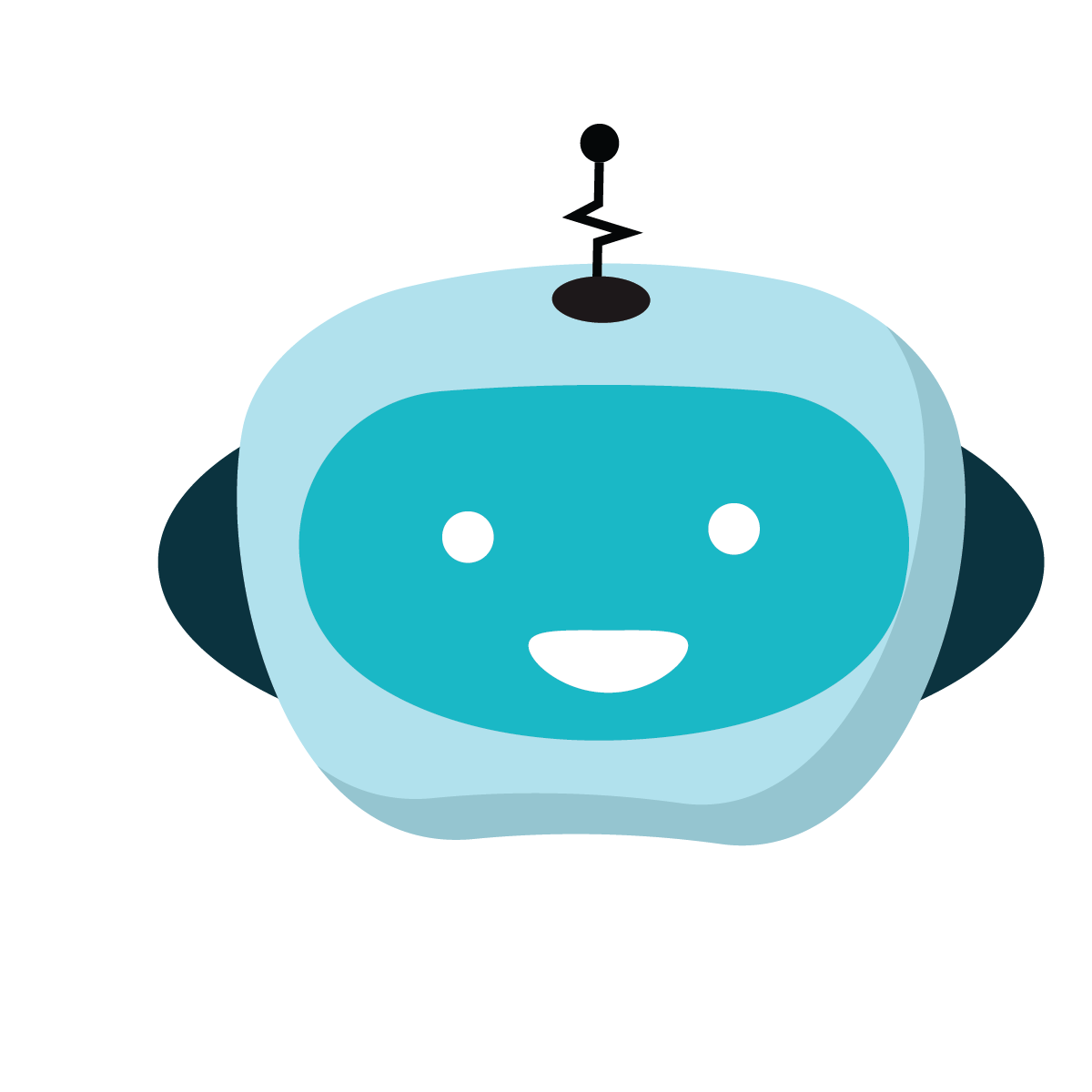Arrival Fallacy

You finished school, entered college, studied well, secured a job and have a career now. You should be proud of yourself for making it this far. Having a job that can feed you daily is certainly an accomplishment. But what next?
This entire phase before career is fast paced and you mostly would have went with the flow. But once reality kicks and post-celebration thoughts cave in, you ask yourself “What do I do from here ?”. A mundane life with an empty schedule especially after you have achieved something remarkable (eg. securing that job offer) would put you into arrival fallacy sooner or later.
Dr. Tal Ben-Shahar, a psychology expert who coined the term “Arrival Fallacy” defines the same as - “Arrival fallacy is this illusion that once we make it, once we attain our goal or reach our destination, we will reach lasting happiness.” He goes further and says it is because of arrival fallacy that some Hollywood celebrities struggle with mental health disorders and substance abuse later in life.
Is Achievement == Happiness?
Achievement could equate to happiness in the short term, but certainly not in the long term. You can, and maybe should, celebrate your immediate achievements but that doesn’t guarantee you a happily ever-after life. We are told that once you work hard and achieve x, y and z you will lead a happy life, which almost certainly in most of the cases turn out to be false. We often intend to overestimate the amount of joy that is headed in our way after we complete a certain task. Professor Jamie Gruman, from the University of Guelph, argues that this overestimation is a result of something called as affective forecasting.
Dr.Gruman says "Affective forecasting is our ability to predict how events will make us feel.” True, we are accurate in finding out if a certain event would make us happy or unhappy but we often fail to determine the intensity and duration of either of the feelings.
So, What Determines Happiness?
According to Dr.Ben-Shahar, the number one predictor of happiness is the quality amount of time we spend with people we care, in a way, relationships. But this does not mean we should stop worrying about building wealth. Income surely does matter. However, after fundamental requirements such as food, security, and clean housing are addressed, income no longer correlates with happiness. Many of us purge relationships to take our career forward. This would make us feel lonely and unhappy at a later stage in life.
Live a Life of Mediocrity?
Recognizing the strength of the arrival fallacy does not imply that we should settle for a life of mediocrity. We all need to have our own goals and have to think about our future and plan things accordingly. But wait, setting goals can make you happy but achieving one doesn’t?
Not really. In fact, the term “goal” is loosely defined in my books. Goals need not only be professional. If we get to spend quality time with our parents and understand them as they grow old, that accounts for a goal as well. The idea is to set concurrent goals, both professionally and personally. Never sabotage your personal goals when working on professional goals. A fine balance between both of them should work best.
Relative Happiness
We must at all cost banish sentences like “If I achieve X, I will be happier”. This doesn’t make sense to me because happiness is more of a journey than a destination. And the more we think about how to make ourselves happier or worried about happiness levels relative to our peers, the less happy we become. When it comes to happiness, the idea is to not overthink on the end result. Just do whatever makes you feel good. If you truly enjoy working hard, there’s absolutely nothing stopping you. But do not expect a Nobel prize or an Oscar to keep you happy forever.
